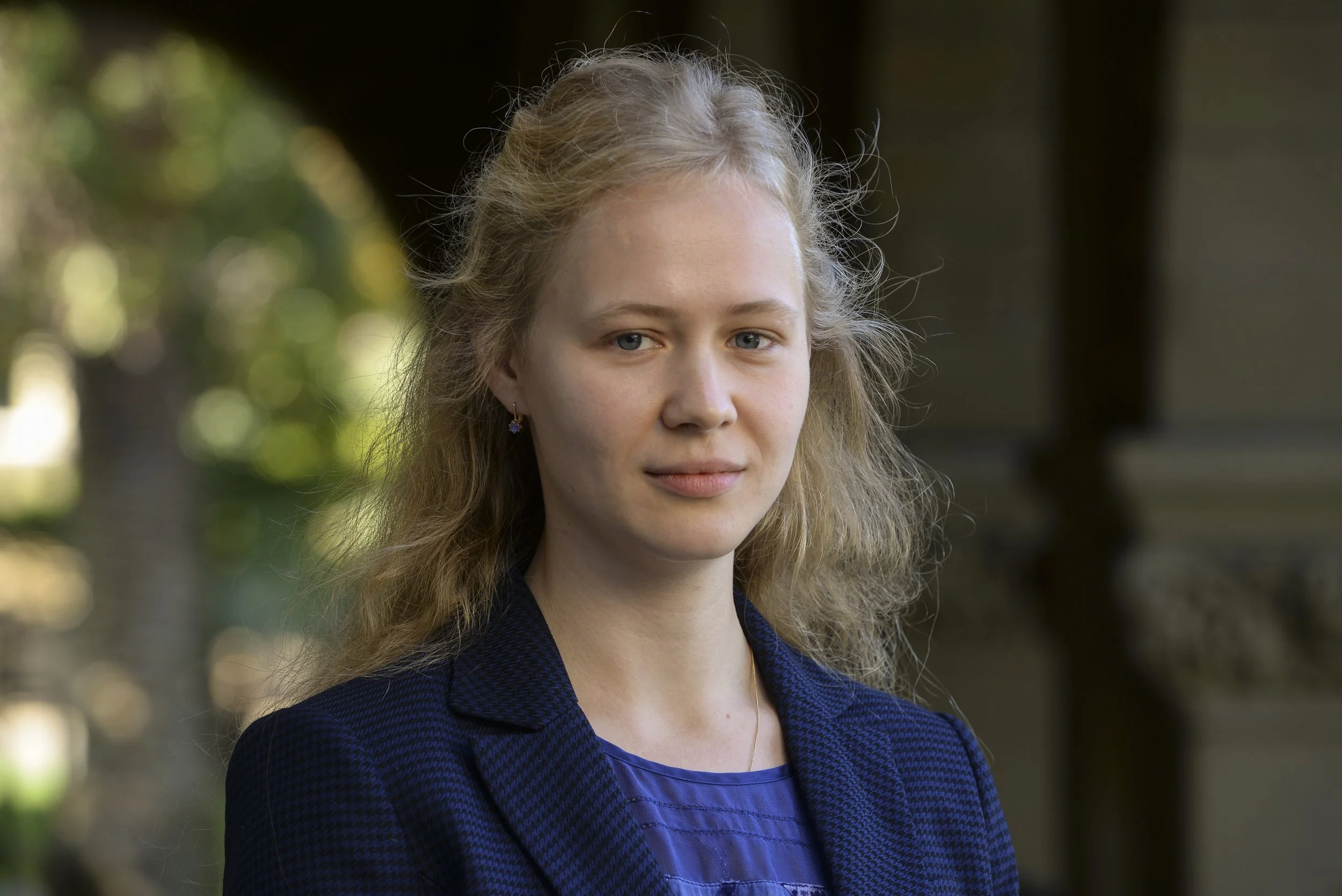We are happy to invite you to another PRCP Talk, this time with Mariya Grinberg (Assistant Professor of Political Science at the Massachusetts Institute of Technology). During the talk, Mariya Grinberg will cover her new book Trade in War: Economic Cooperation across Enemy Lines.
The talk will take place on October 21st 14:00 at the Jinonice campus of the Faculty of Social Sciences, Charles University (U Kříže 8, 158 00 Praha 5-Jinonice), room B103A.
No registration needed.
About Mariya Grinberg:
Mariya Grinberg is an Assistant Professor of Political Science at the Massachusetts Institute of Technology and a member of the MIT Security Studies Program. Her book, Trade in War: Economic Cooperation across Enemy Lines (Cornell, 2025) examines why states trade with their enemies, investigating the product level and temporal variation in wartime commercial policies of states vis-a-vis enemy belligerents. Her second book project explores why states go to war unprepared, focusing on military war-planning and bureaucratic buck-passing.
Book abstract:
Trade between belligerents during wartime should not occur. After all, exchanged goods might help enemies secure the upper hand on the battlefield. Yet as history shows, states rarely choose either war or trade. In fact, they frequently engage in both at the same time. To explain why states trade with their enemies, Mariya Grinberg examines the wartime commercial policies of major powers during the Crimean War, the two World Wars, and several post-1989 wars.
She shows that in the face of two competing imperatives—preventing an enemy from increasing its military capabilities, and maintaining its own long-term security through economic exchange—states at war tailor wartime commercial policies around a product's characteristics and war expectations. If a product's conversion time into military capabilities exceeds the war's expected length, then trade in the product can occur, since the product will not have time to affect battlefield outcomes. If a state cannot afford to jeopardize the revenue provided by the traded product, trade in it can also occur. Grinberg's findings reveal that economic cooperation can thrive even in the most hostile of times—and that interstate conflict might not be as easily deterred by high levels of economic interdependence as is commonly believed. Trade in War compels us to recognize that economic ties between states may be insufficient to stave off war.

